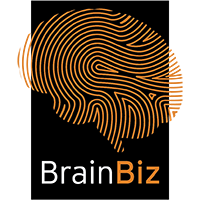Lost your focus?
Understanding complexity and leading yourself and teams through ambiguity are at least two of the core capabilities that separate average from great leaders in our increasingly crazy world of work. And there’s another that is the focus of this post: maintaining concentration and focus in the sea of distraction that is the cornerstone to producing either high quality or creative work, or both.
We’re all suffering from information overload. Sometimes we don’t even recognise it any more, because busy busy busy has become the new normal – and if you’re not busy, are you really committed and performing…?
I want to smash the activity = productivity myth, and perhaps start a conversation about the conditions you really need to generate great work. And why we are sabotaging our ability to do just that.
Do you start with a clear plan of what you want or need to achieve each day?
Yes? Excellent. With one clear goal for the day (prepare that presentation; negotiate that contract; write that report) you have created a focus that is tied to a constructive output that is important to you. The truth is though, many of us don’t start each day with this level of clarity – we wake up, check our messages and emails, and too often spend the rest of the day responding and sorting out what appeared in our Inbox. That is very chivalrous if your job is to help everyone else do their job, but it’s also why you end the day mentally exhausted and feeling like you’ve achieved nothing.
When it comes to time – the hours available to you each day – greed is good. Claw back the hours that are essentially wasted each day:
- Stop! Reality-check whether you should be doing the task at all.
- Am I the right or best person to do this? (based on skill, experience, effort required, deadline, interest)
- Does it generate an output that is important to me? (aligned to my role and has high impact)
- In addition to your To Do list, create a NOT To Do list.
Despite a clear plan, do distractions and procrastination creep in and steal your focus?
Yes? Thank you for the admission – most of us are in denial of this truth. If distractions are your nemesis, you are not alone. Today’s work environments embody the architecture of distraction protagonists who surrendered office floorplans that enabled quiet concentration to those that inspire social connectivity and interaction. Nothing wrong with collaboration of course, but the pendulum has over-swung its balanced midpoint and we find ourselves at the mercy of countless conversations that fill time and space but leave your work outputs empty.
- Establish a discipline and implement it with discipline.
- Time-block your calendar (preferably the morning hours when you’re mentally fresh) to work to your plan.
- Anticipate potential distractions and mitigate them (phone off, notifications off, work in solitary confinement for this period).
It’s important to understand the neurological effect of distractions. The brain has a refractory period when it is required to switch between tasks. That means when concentration is broken, it takes time (up to 15 minutes) to achieve the same level of focus. So numerous distractions each day significantly deplete the amount of quality concentration you can put to your work.
Do you crave deep thinking time?
Yes please! In his book Deep Work, Cal Newport draws a distinction between deep and shallow work:
- Deep work requires focus and immersion, is underpinned by singular concentration on the task, and is essential to producing high quality or creative outputs.
- Shallow work involves skating across numerous activities in rapid succession and multi-tasking. It trades off depth for breadth and is characterised by high activity and low outputs.
Stephen Covey captured this in his acclaimed 7 Habits of Highly Effective People. Habit 3: Put First Things First, differentiated between activities that were urgent versus important. Many ‘shallow’ activities seem urgent due to their primacy and recency – whether or not they are actually important (to you, rather than someone else). ‘Deep’ activities are always important because they relate directly to your role and goals, but may not have the pressing urgency of high volume daily activities.
And of course, Mihaly Czikszentmihaly explained deep thinking most clearly in his work on Flow – The Psychology of Optimal Experience. He characterised flow as an intense state of concentration which made the task seem effortless and timeless and allowed the individual to feel in full control.
We need to acknowledge the lack of focus on focus.
If you’re experiencing great change (in your industry, organisation or role), if you need to learn new skills, if you need to produce something great – you need to honour the law of focus.




